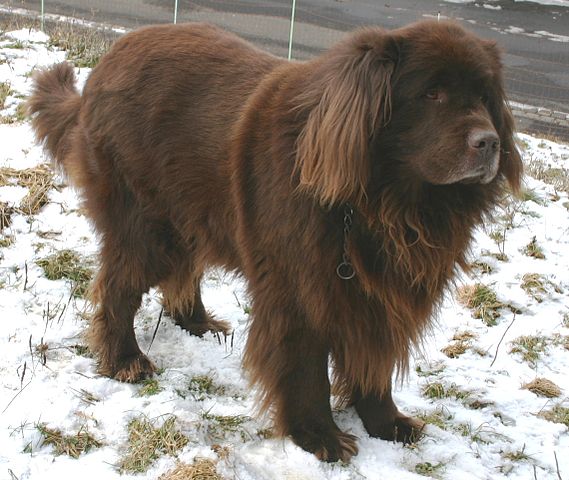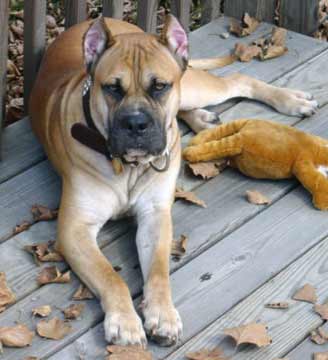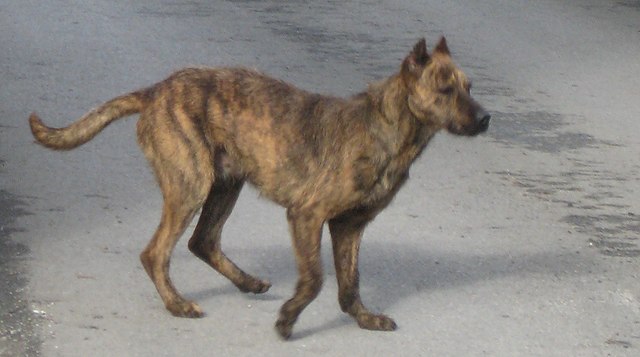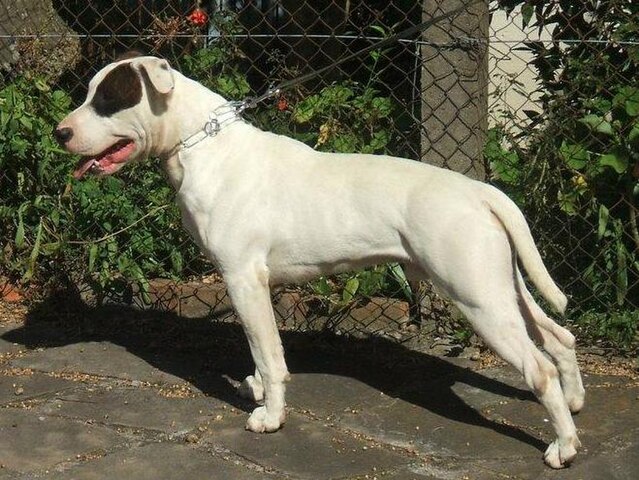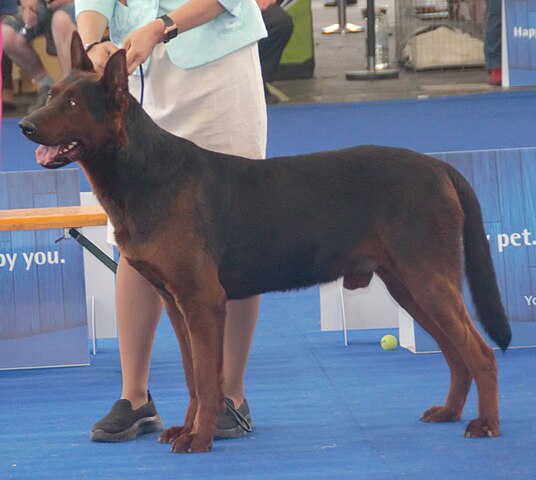The Newfoundland is a large, strong dog who is surprisingly active for his size. A working breed through and through, Newfs excel in water rescue, carting and weight pulling but can do most jobs asked of them. Surprisingly however, these utilitarian dogs can still live in apartments if given enough exercise. Devotees of the breed also appreciate them for their level-headedness and extremely gentle nature towards all humans young and old. They possess a sensitivity to emotions that is not seen in all breeds of dog. Devoted and loyal, they truly are gentle giants in every sense of the word.
There have been countless stories telling of the heroic acts of Newfoundlands. There is a reason that the breed is touted as a natural lifeguard – they will risk their lives for their owners (and even strangers). This said, there is a natural variation in temperament and people who are looking for this “true” temperament need to get a dog from a reputable breeder and raise it right. You can’t expect to buy a Newf from a pet store (read: puppy mill) and leave it in the yard all day while still expecting the puppy to grow up right.
The thick double coat of the Newfoundland makes him a great swimmer, although it can be a chore to groom. Not only does the breed have a lot of hair to brush on a regular basis, but the oily nature of the coat means that water doesn’t easily penetrate to the skin. This can make bathing the dog more difficult than other breeds. The thick coat also means that the breed can overheat on hot days, especially if the Newf is black in color. This said, the Newfoundland can be kept in Texas, but the coat must be kept combed out so the undercoat can act as insulation from the heat. Finally, the coat does shed a lot!
Although this is a great breed, prospective owners should be aware of the drawbacks of owning one. First, Newfs do drool, despite the fact that some breeders claim otherwise. While some lines drool less than others, the natural shape of the lips causes this process to happen naturally. Second, Newfs can be expensive to own – the larger the dogs, the higher the cost of vet and food bills. Third, Newfoundland tails are at the perfect level to clear coffee tables! Forth, it is worth noting that although many Newfs are very healthy, hip dysplasia, heart problems and other health issues are a concern.
Although a member of the molosser (mastiff) family, the Newfoundland is not a natural guard dog, or even watch dog. While some individuals have a (little bit of) protective instinct, the majority love people too much to be a personal security dog. Their size alone might deter most people, but if someone were to actually break into the house, there is little chance of the dog doing anything. Just as he loves people, the Newf also loves other dogs and tends to get along just fine with other members of the species.
Very intelligent, the Newfoundland is generally easy to train. He is always ready and willing to learn something new, and there is almost no limit to the many dog sports and activities that he can be taught. The breed is incredibly versatile and has done well in many aspects of the competitive dog training world. It is suggested to start the training early, however – before he gets so big that he is hard to handle!
Although he doesn’t look it, this breed is an athlete and needs to be exercised regularly. While the Newfoundland isn’t nearly as intense energetically as some other breeds, he isn’t a couch potato either. His energy levels lay somewhere in the middle, which means that every day he should be taken out and given some form of physical exertion. Swimming is his favorite activity, but he’ll do most anything if it’s with his beloved owner. Take care not to over-exercise growing puppies, as their joints aren’t fully formed yet.
